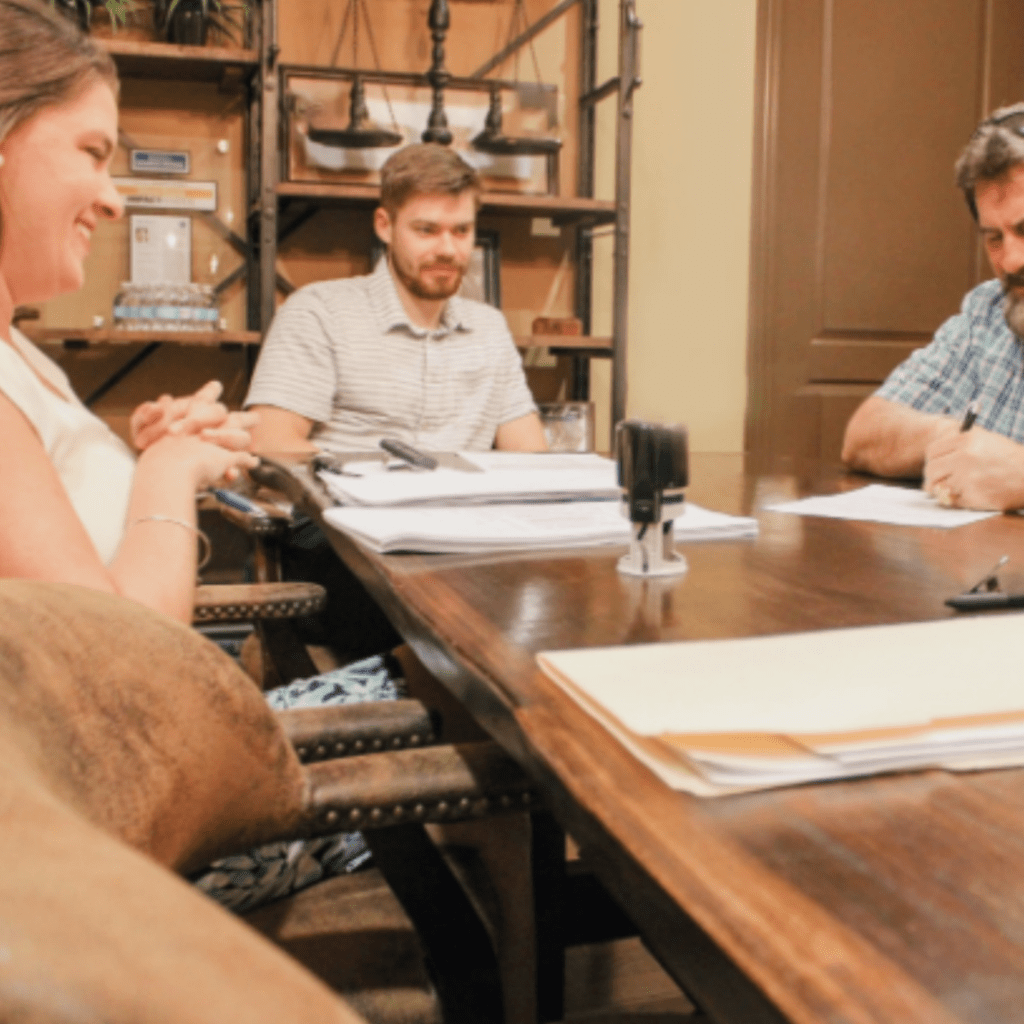There is a common myth that estate planning is only for the elderly or the wealthy; maybe even only for the elderly and wealthy. This myth shows that few really know what estate planning involves. Here is a hint: estate planning is about more than only wills.
So, if you’re young and don’t have many assets, you might be wondering why you need an estate plan at all. Find out why it’s best that everyone have estate plans in order.
1. Do you own anything? Then you need an estate plan.
Although the word “estate” sounds formal, an estate is simply what you own. Most, if not all, people own something that they want to go to a specific person when they pass away. Whether that is a sentimental token, a family heirloom, a photo, or a pet, you probably have at least one item you want to go to someone in particular. It does not matter the monetary value of that item. You have the right to choose where that item goes.
The problem is, that if you don’t plan, the laws of your state will determine where your property goes. If you are single and childless, that probably means your parents will suddenly own everything that you currently hold in your possession.
More importantly, if you have children, you want to be the one to choose who would become their guardian. If you don’t make your wish legally explicit in legal writing, the State of Tennessee will choose for you.
2. Estate planning is more than wills.
How will anyone know your healthcare wishes if you are not able to communicate them? Who do you want to make healthcare decisions for you if you are not able to do so? Who will keep up with your financial matters if you are not able to do so? All of these questions are answered in a comprehensive estate plan.
For example, consider a Healthcare Durable Power of Attorney. With this, you are able to choose a person to make healthcare decisions for you if you cannot. It also allows you to name a person or persons who will have access to your medical documents if you are hospitalized. Most importantly, they will be able to give the hospital permission to treat you.
Similarly, a Living Will allows you to put your wishes for medical treatment in writing. This is so that there are no questions if you become unable to communicate them. For financial and other matters, you can create a Durable General Power of Attorney to designate a person to sign on your behalf in financial matters.
Contact Tressler & Associates for More Information
For better or worse, life is uncertain at any age. Have a plan in place. If you have any questions about this or any other legal matters, call Tressler & Associates at 615.444.2345 or contact us here.



